Question And Answer
Publications
Articles, publications, books, tools and multimedia features from the U.S. Institute of Peace provide the latest news, analysis, research findings, practitioner guides and reports, all related to the conflict zones and issues that are at the center of the Institute’s work to prevent and reduce violent conflict.
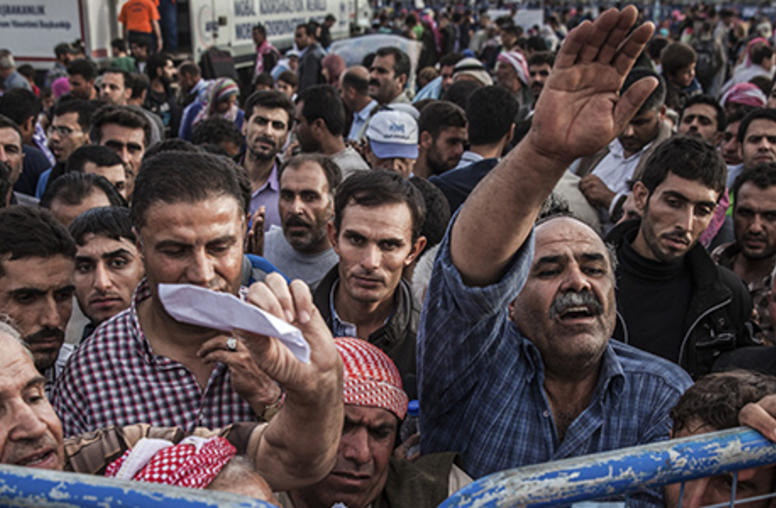
Wanted: A Coalition to Defeat the Islamic State and Assad
Halting the violent fracturing of the Middle East requires the U.S. and regional states to stop talking past each other.
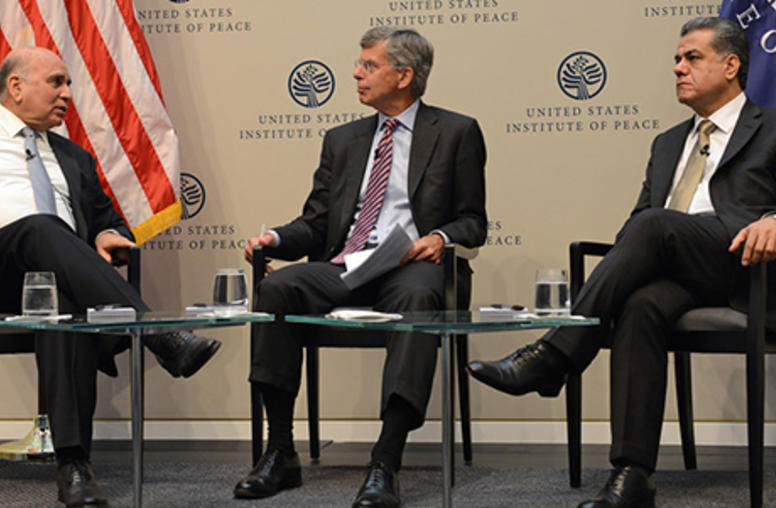
Iraqi Unity Will Require Federalism, Cooperation, Kurdish Leaders Say
Restoring unity in Iraq in the wake of the devastating sweep of militant terror across the country’s north will depend on achieving enough separation among Kurds, Shia and Sunnis to re-establish a balance of power on the ground, two high-level Kurdish officials said. The leaders addressed an audience at the U.S. Institute of Peace this week, appealing for the U.S. and others to urgently provide heavy weapons to confront the self-described “Islamic State” terror group and for humanitarian aid ...
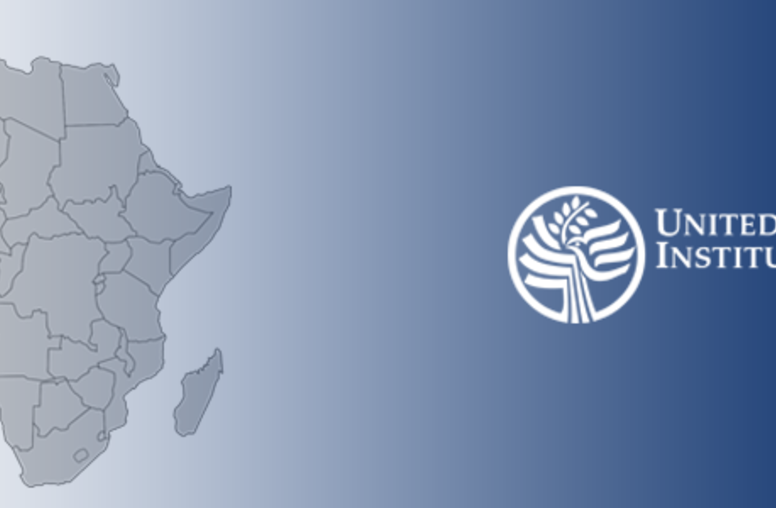
USIP: Summit Resources on Africa
What is Boko Haram and why are youths in Nigeria so drawn to it? What’s happening behind the headlines of war in South Sudan? In Libya? And what IS CVE (Countering Violent Extremism)? The probing research and on-the-ground action of the experts, partners and grantees of the U.S. Institute of Peace can help answer those questions and many more likely to arise during this first-ever U.S.-Africa Leaders Summit in Washington D.C. USIP has worked in Africa for years, and its staff has decades of e...
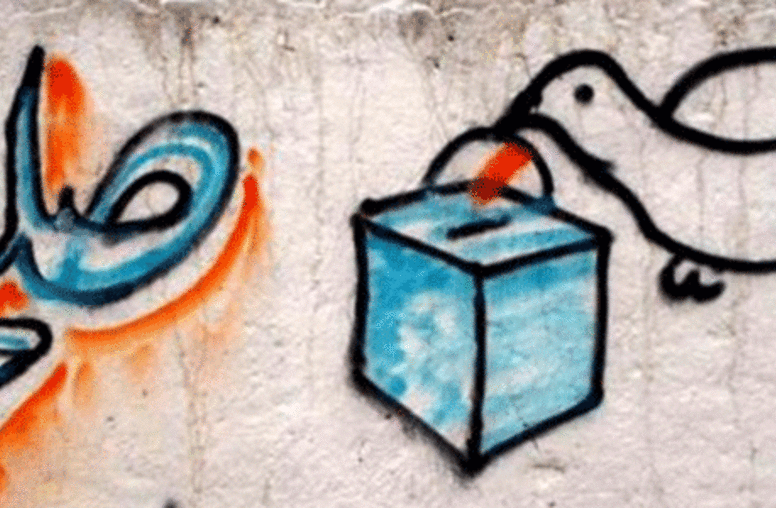
USIP & Afghanistan’s Political Transition
Since 2011, USIP has advocated that Afghanistan’s political transition, and the presidential election in particular, will be the most crucial factor in determining the country’s stability post-2014. USIP has conducted research, facilitated discussions, and raised awareness of this issue through publications, projects on the ground, events, and briefings for government officials on the importance of and need to support the political transition. Learn more on USIP’s Support for a Successful Afg...
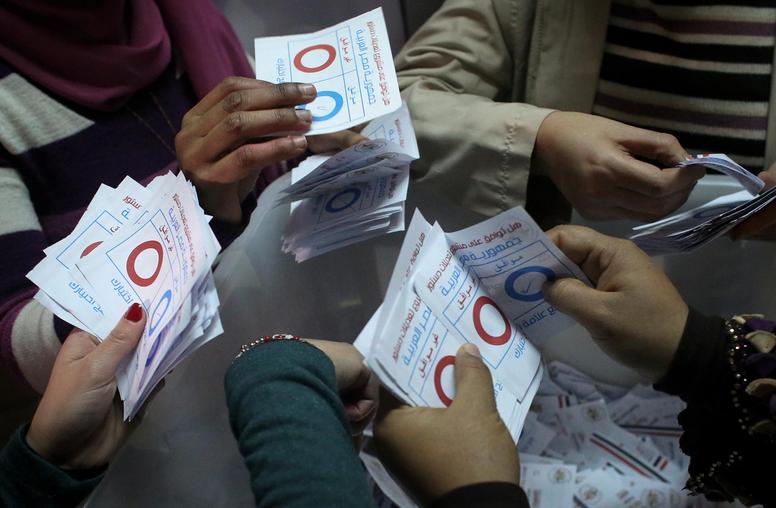
Q&A Egypt’s Post-Referendum Mood
Egyptians went to the polls on Jan. 14-15 to vote on a new constitution, the third referendum on a charter since the spring 2011 uprising that ultimately toppled authoritarian President Hosni Mubarak. Manal Omar, USIP’s associate vice president for the Middle East and Africa, has been on the ground in Cairo and discusses the significance of the vote, the issues involved, and the prospects for Egypt’s political system going forward.
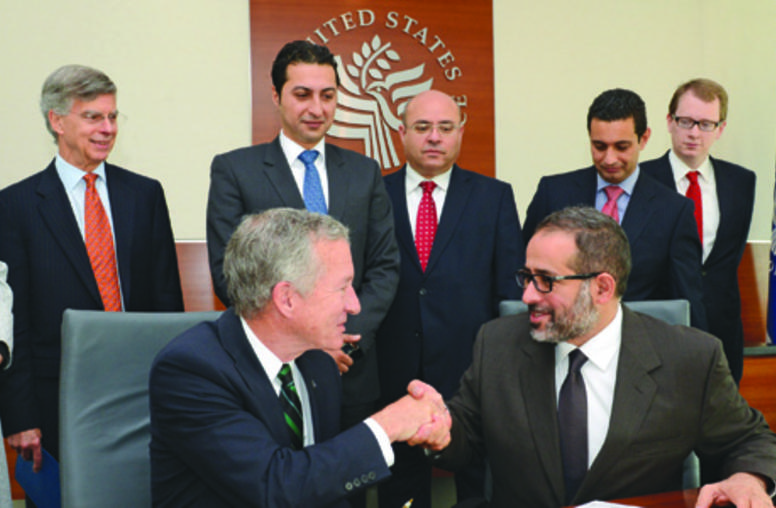
Libya Institute Accord Advances On-the-Ground Work for Transition
The U.S. Institute of Peace entered an agreement today with the Libya Institute for Advanced Studies (LIAS) to consolidate and formalize USIP’s work on the ground in helping strengthen Libya’s governing institutions and civil society.
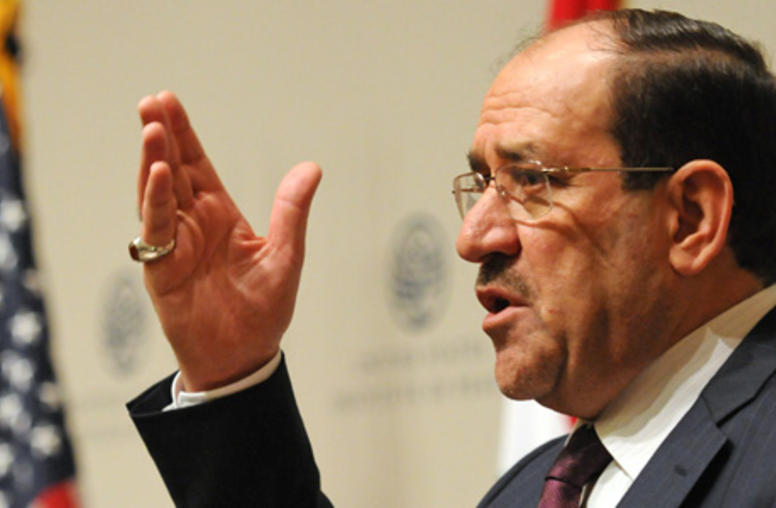
Iraqi Prime Minister Maliki Urges Greater U.S. Support
Iraqi Prime Minister Nouri al-Maliki, in an October 31 address at the U.S. Institute of Peace (USIP) in Washington, called for more support from the United States in countering an ongoing wave of terrorism in Iraq that has been attributed primarily to al-Qaida-backed extremists, as well as for American patience as Iraq tries to build its young democracy amid the country’s deep internal political disputes.
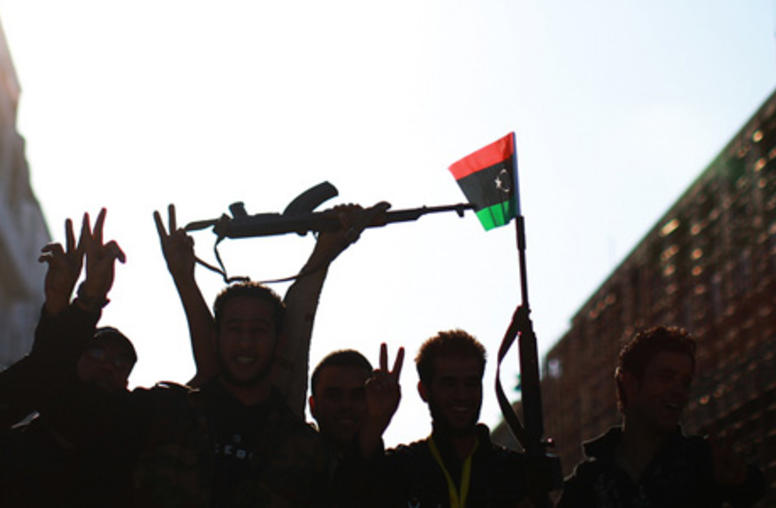
Libya Experts Appeal for U.S., World to Support Potential Model
Libya’s strategic role in the region and its potential as a model to demonstrate that the “Arab Spring” can spawn democracy make it critical for the U.S. and other western nations to provide the technical support the country needs, according to experts.
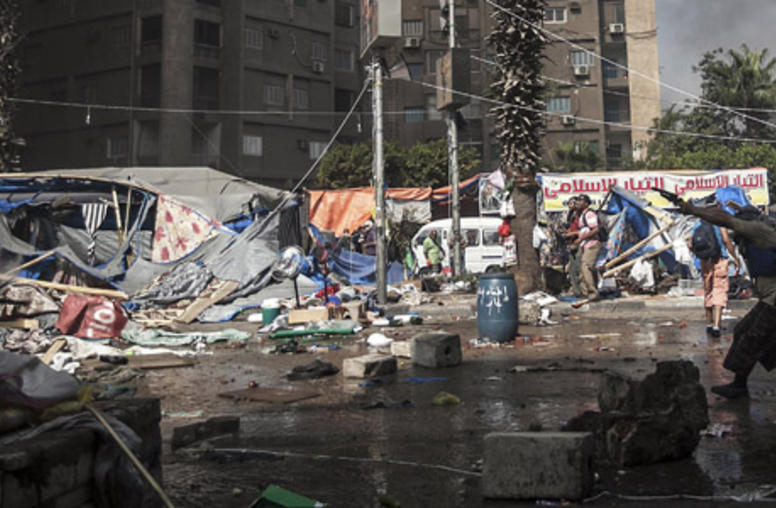
Egypt’s Political Chasm Reflects Miscalculation of Public Support
The standoff in Egypt that resulted in yesterday’s lethal crackdown by the military on Muslim Brotherhood protestors may reflect a dangerous miscalculation by leaders on both sides about how much public support they have and how long they can keep it, said U.S. Institute of Peace expert Manal Omar.
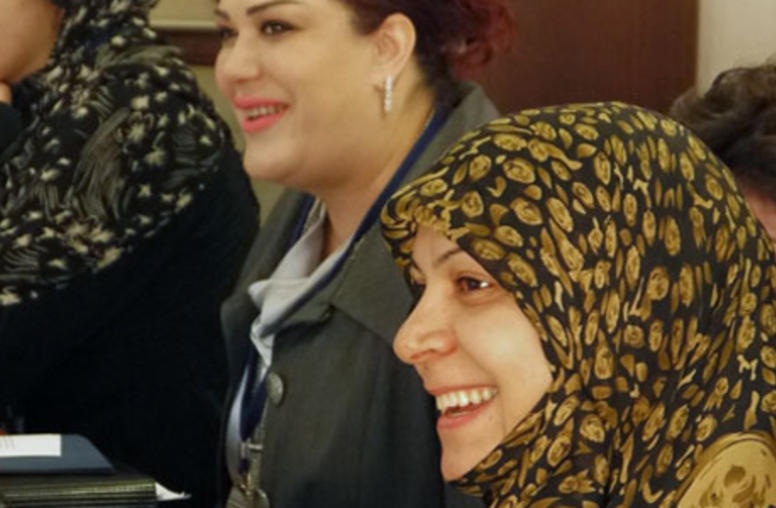
Afghan and Iraqi Women Offer Lessons Learned to Women of the Arab Spring
Kathleen Kuehnast, director of the Center for Gender and Peacebuilding and Manal Omar, director, of the Iraq, Iran and North Africa Program, discuss a recent meeting in Istanbul with Afghan and Iraqi women leaders to map out practical steps forward for women in their own transitional countries.